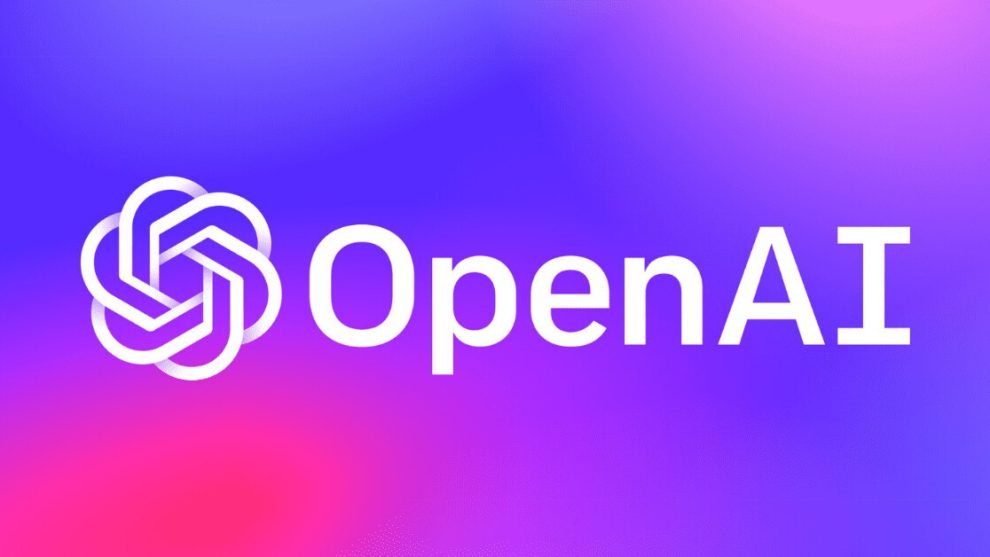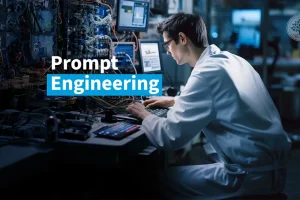OpenAI, the artificial intelligence research lab co-founded by Elon Musk in 2015, has been making headlines recently, but not always for the right reasons. The pioneering company is facing a lawsuit from Musk himself over alleged violations of its founding agreement. OpenAI is also under investigation by the Securities and Exchange Commission (SEC) regarding issues with its governance and potential antitrust matters.
These legal challenges come at a time when OpenAI continues to make major advances in artificial intelligence across areas like natural language processing, computer vision, and robotics. However, some critics argue the lab’s shift to a for-profit model in 2019 could compromise its commitment to developing AI safely and transparently.
The Founding and Mission of OpenAI
OpenAI was founded by a group of prominent figures in the tech industry, including Elon Musk, Sam Altman, Ilya Sutskever, and Wojciech Zaremba. The lab’s stated goal was to “ensure that artificial general intelligence benefits all of humanity.”
The lab originally operated as a non-profit to focus on open research and publishing its findings. But in 2019, OpenAI restructured itself into a for-profit company in order to attract more investors and talent. However, this change has drawn criticism from some over concerns it could lead OpenAI to prioritize profits over ethics or transparency.

Musk’s Lawsuit Over OpenAI’s Restructuring
In February 2024, Elon Musk made major headlines by filing a lawsuit against the research lab he helped start. The lawsuit alleges OpenAI violated its founding charter by shifting to a for-profit model focused on proprietary products.
Musk has been an outspoken critic of OpenAI’s restructuring. He argues the lab’s new direction and lack of transparency around its financing sources could result in the development of dangerous or unethical AI systems.
Specifically, Musk’s lawsuit alleges OpenAI has failed to provide details on how investor money is being used and has strayed from its original non-profit mission to benefit humanity through open AI research. The outcome of the lawsuit could have major implications for OpenAI’s future as a company.
The SEC Investigation into OpenAI
On top of the Musk lawsuit, OpenAI is also facing scrutiny from regulatory bodies. The SEC has opened an investigation into whether OpenAI’s unique corporate structure provides adequate governance protections for investors.
As a for-profit company also engaged in non-profit research, OpenAI operates under an unusual model. The SEC is likely examining if there are adequate divisions between OpenAI’s research arm and its for-profit business dealings.
This investigation into OpenAI comes as lawmakers and government agencies grapple with how to properly oversee AI development. The results of the SEC investigation could establish important precedents around AI research and ethics.
OpenAI’s Continued Progress in AI
Despite the swirling legal issues, OpenAI continues to make major strides in artificial intelligence research. Over the past few years, OpenAI has produced breakthrough innovations in language processing, computer vision, robotics, and more.
In 2022 for example, OpenAI unveiled DALL-E 2, an AI system capable of generating realistic images and art from written text descriptions. OpenAI has also developed increasingly sophisticated natural language AI models like GPT-3 and GPT-4 that can produce human-like text.
On the robotics front, OpenAI’s robotic hand Dactyl demonstrated the ability to solve a Rubik’s cube one-handed. And the company’s robotics startup Optimus plans to release an initial humanoid robot prototype later this year.
So while OpenAI grapples with lawsuits and investigations, its researchers continue pushing the boundaries of what AI is capable of. The fruits of OpenAI’s labor could one day lead to transformative changes across industries.
The Broader Challenges and Opportunities of AI
As we’ve seen with OpenAI, the rapid pace of artificial intelligence research also raises broader societal challenges around ethics and oversight. A key concern is AI’s potential to be misused for nefarious ends.
Experts warn advanced AI could empower new cyberattacks, enable sophisticated disinformation campaigns, or lead to autonomous weapons. Many argue governments need to implement guardrails to ensure AI develops safely and for the benefit of humanity.
Leaders like Musk also caution advanced AI could one day become so capable it surpasses human-level intelligence. While opinions vary on the likelihood or timeline, the rise of “superintelligent” machines poses risks ranging from economic disruption to human extinction in the most dire scenarios.
At the same time, AI unlocks transformational opportunities across areas like healthcare, education, transportation, and the arts. AI systems can already diagnose certain medical conditions more accurately than doctors and could expand access to quality healthcare globally. Students use AI tutoring programs to reinforce learning while reducing teacher workloads. Autonomous vehicles promise to radically improve road safety and provide mobility to people unable to drive.
And creative AIs like DALL-E 2 point to futures where machines become partners, rather than competitors, enhancing human creativity. But realizing the potential boons of AI while avoiding pitfalls requires sustained research and thoughtful policymaking around this powerful technology.
The Road Ahead for OpenAI
Given its high profile in the AI world, OpenAI’s path forward seems sure to have an outsized influence on the progress of artificial intelligence. As Musk’s lawsuit over OpenAI’s business structure wends through courts, lawmakers debate proposals to increase oversight of AI development.
How OpenAI responds to investigatory and legal pressure could establish standards for transparency and ethics in technology research. And if OpenAI sustains rapid innovation despite these hurdles, it may well commercialize groundbreaking AI applications in the years ahead.
Of course, realized profits aren’t OpenAI’s only goal. Fulfilling the grand vision to create AI that benefits all humanity likely requires sustaining an open culture of collaboration between policymakers, researchers, and the public. With AI progress accelerating, improving cooperation to address hard challenges is more vital than ever.













Add Comment